What You Should Know:
What is RT-PCR Test?
In the midst of the second wave of COVID-19, many people want to get tested to check if they have the virus. The most common test to check for the infection is the RT-PCR test. RT-PCR stands for Reverse Transcriptase Polymerase Chain Reaction. This test is done by taking a swab sample from the individual’s nose or throat. In the laboratory, this sample is used to extract the viral RNA (ribonucleic acid). 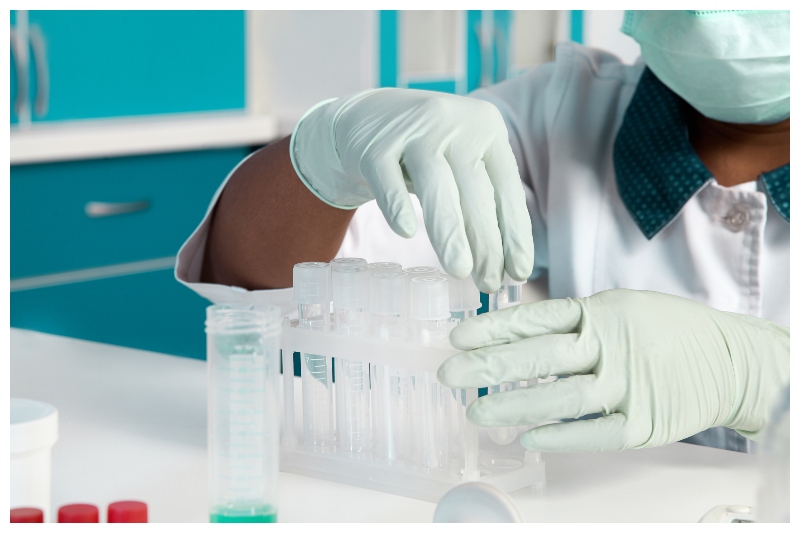 The RNA then undergoes the RT-PCR technique which creates strands of viral DNA. The DNA is further run through PCR for several cycles till it reaches a level that is detectable. A dye is added to the DNA while it is being synthesised and when there is a sufficient quantity of the dye in the solution, it will change colour. The dye is specific and will only work for the DNA of the SARS-CoV-2, the virus that causes COVID-19.
The RNA then undergoes the RT-PCR technique which creates strands of viral DNA. The DNA is further run through PCR for several cycles till it reaches a level that is detectable. A dye is added to the DNA while it is being synthesised and when there is a sufficient quantity of the dye in the solution, it will change colour. The dye is specific and will only work for the DNA of the SARS-CoV-2, the virus that causes COVID-19.
What is Cycle Threshold Value?
As mentioned earlier, the DNA strand is run through several cycles of PCR for it to replicate itself. The cycle threshold value or CT value is the number of cycles that it takes for the DNA to reach a detectable level. For example, if the DNA had to undergo 20 cycles of PCR before the dye was detected, then the CT value is 20.
So, how do you know what cycle threshold value is positive or negative? According to the ICMR (Indian Council of Medical Research) and other international organisations like the CDC (Centre for Disease Control) in the USA, the cut-off for a positive COVID-19 test is 35. What this means, is that if viral DNA is detected within a maximum of 35 cycles, the test is positive. If the test takes longer to show results, then it is negative. 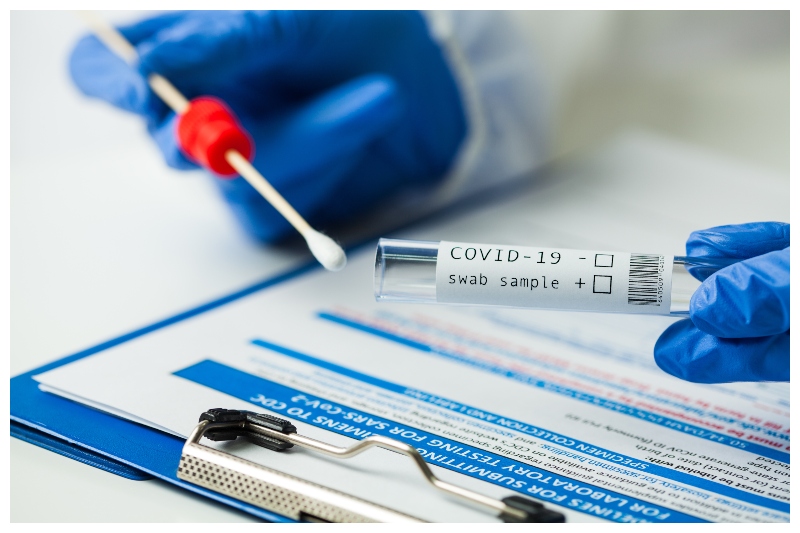 This is because a higher viral load will provide more viral RNA per sample. In turn, this RNA will generate more DNA through RT-PCR. The more DNA present, the sooner it will be detected in the sample. Therefore, when reading the RT-PCR report you need to check whether the CT value is below or above 35. A lower value is positive for COVID-19 and a higher value is negative for the disease.
This is because a higher viral load will provide more viral RNA per sample. In turn, this RNA will generate more DNA through RT-PCR. The more DNA present, the sooner it will be detected in the sample. Therefore, when reading the RT-PCR report you need to check whether the CT value is below or above 35. A lower value is positive for COVID-19 and a higher value is negative for the disease.
How Accurate is the RT-PCR Test for COVID-19?
The RT-PCR test is considered the standard test for COVID-19. However, because there are several factors that could affect the test accuracy, it is recommended that the test be done along with other tests like a chest X-ray or antigen test. 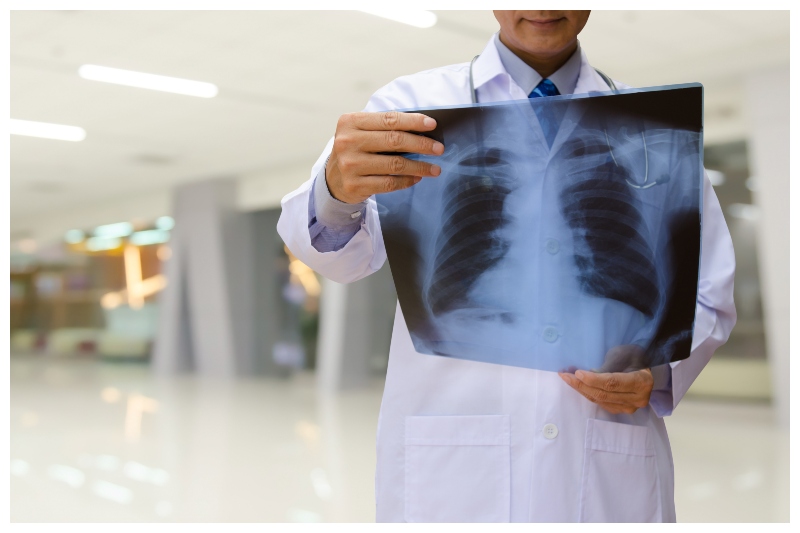 Some of the factors that could affect the test include:
Some of the factors that could affect the test include:
- The way the sample was taken.
- Storage of the sample.
- The stage of the infection when the sample was taken.
- Human error in the laboratory.
Some experts claim that a positive RT-PCR test with corresponding COVID-19 symptoms like fever, cough, difficulty breathing and so on, can be considered a good indicator of the disease.
For more information on COVID-19, check out the Lifestyle and Nutrition sections of the Activ Living Blog.
Popular Searches
Natural Beta blockers | How to cure depression | Summer activities for kids | High bp symptoms | HIIT workout | How to increase platelet count | Dash diet | Systolic and diastolic blood pressure | High blood sugar symptoms | Tabata workout | Push ups for beginners | Benefits of zumba | How to prevent breast cancer | Homeopathic medicine for asthma | Fruits to avoid in pcos | Neck pain relief exercises |Yoga for heart | Healthy soup recipes | Anti aging foods | Vitamin rich foods





 1800-270-7000
1800-270-7000


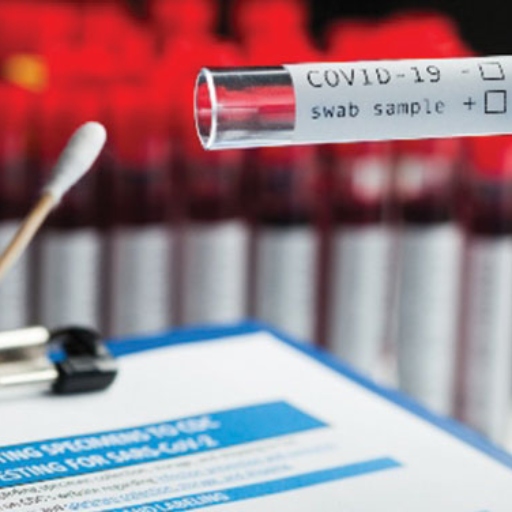

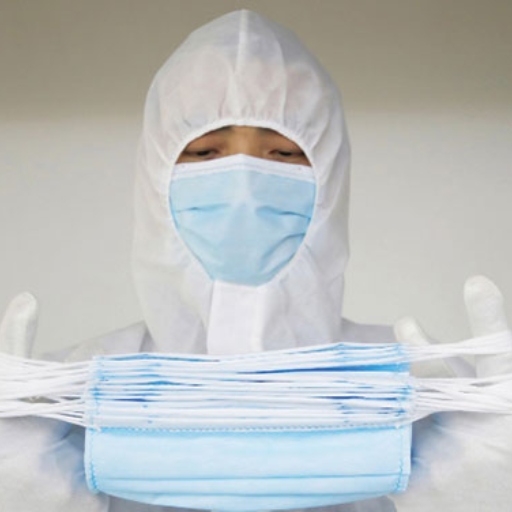




That is a good tip especially to those fresh to the blogosphere.
Short but very precise info… Thanks for sharing this one.
A must read article!